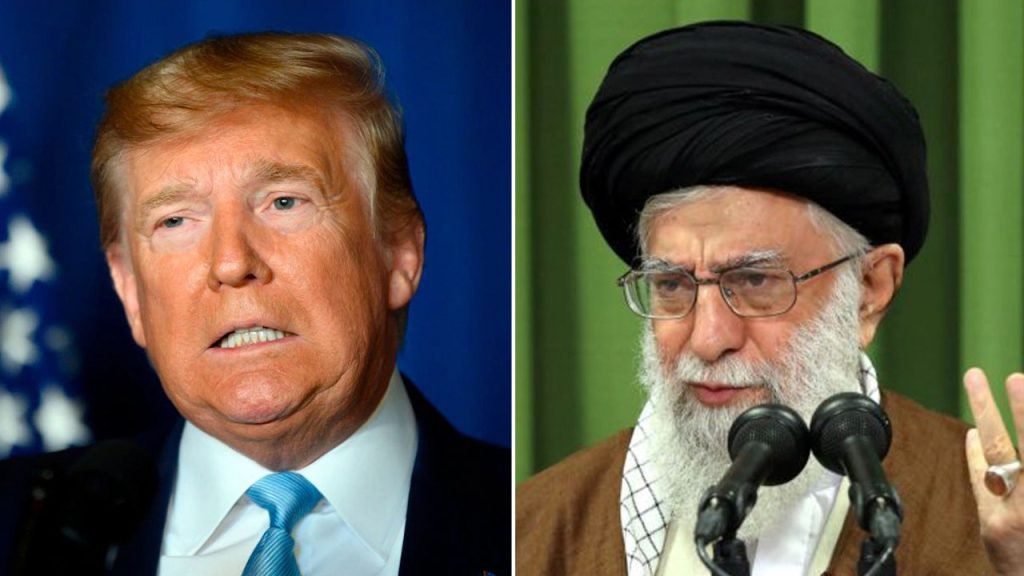After President-elect Trump’s win, Iran must now prepare for potential retaliation from a leader they’ve attempted to assassinate in the past. Tehran had reportedly interfered in the U.S. election in favor of Vice President Kamala Harris, but now faces a president who is seen as unpredictable. The Islamic Revolutionary Guard Corps (IGRC) posted a video threatening to kill Trump, citing revenge for the 2019 killing of Gen. Qassem Soleimani. The regime is also concerned about potential economic repercussions as war rages on in the Middle East.
Iran’s currency plummeted to an all-time low following Trump’s victory, indicating the challenges the country faces in the region. Despite U.S. sanctions that have not been strictly enforced, Iran has been able to export near-record amounts of oil, raising concerns about its nuclear capabilities. With the prospect of maximum pressure returning under a Trump presidency, Iran may feel compelled to ramp up production for a nuclear weapon in a matter of weeks. The regime must navigate these challenges in the face of escalating tensions in the Middle East.
The Trump administration’s withdrawal from the Iran nuclear deal and imposition of harsh sanctions have put economic pressure on the regime, aiming to curb its funding of proxies abroad. While President Biden has waived enforcement of some sanctions to bring Iran back to the negotiating table, Iran remains a significant player in the region. With Iran gaining access to funds through various waivers, the White House has insisted that the money is used for humanitarian goods, not to support the IRGC or Ayatollah Ali Khamenei.
Iran must plan its next moves in the region considering Trump’s victory and the potential for increased tensions with Israel. Khamenei has vowed harsh countermeasures following Israeli strikes on Iranian military sites, raising concerns about a possible escalation in conflict. While Trump’s previous administration was strongly supportive of Israel and anti-interventionist, the unpredictability factor may give Iran pause in its actions. The regime will need to carefully consider its response to avoid further escalation with Israel.
Some experts predict that Trump’s anti-interventionist tendencies may lead to less support for Israel than the Biden administration. The Republican Party has become more isolationist, causing uncertainty in Iran’s approach to dealing with Trump. Iran’s willingness to prevent escalation and potential military action against the country is called into question. While Iran officially downplays the impact of a Trump presidency on their policies, the regime will need to carefully navigate the evolving dynamics in the region to avoid further conflict.
Overall, Iran faces a complex geopolitical landscape following Trump’s victory, with uncertainties about his policies toward the country. The regime must balance economic challenges, escalating tensions in the region, and navigating the potential for conflict with Israel. Iran’s response to the changing dynamics will play a critical role in shaping the future of the Middle East and its relations with the United States. As the situation continues to evolve, Iran will need to carefully consider its next steps to ensure stability and security in the region.


